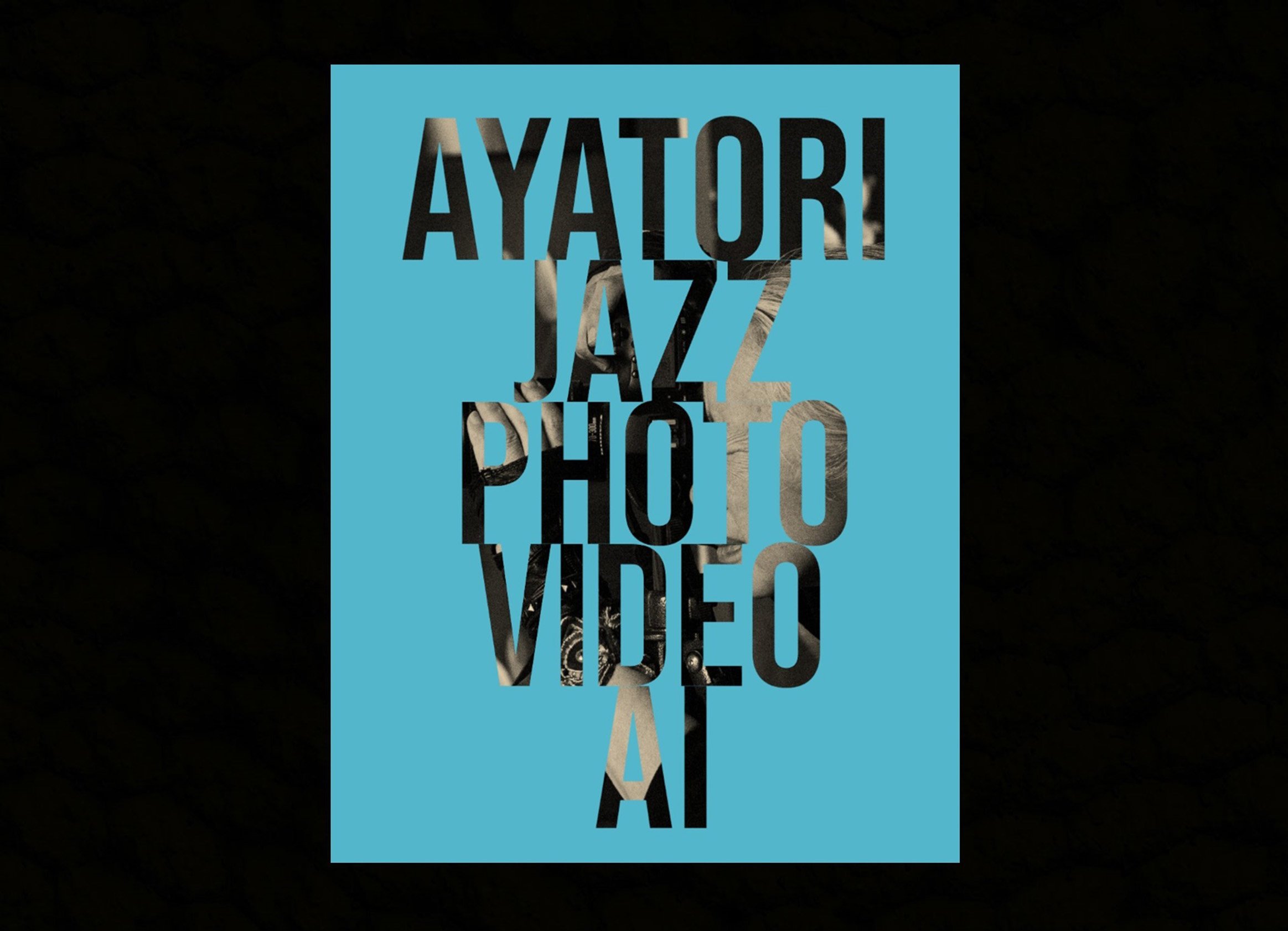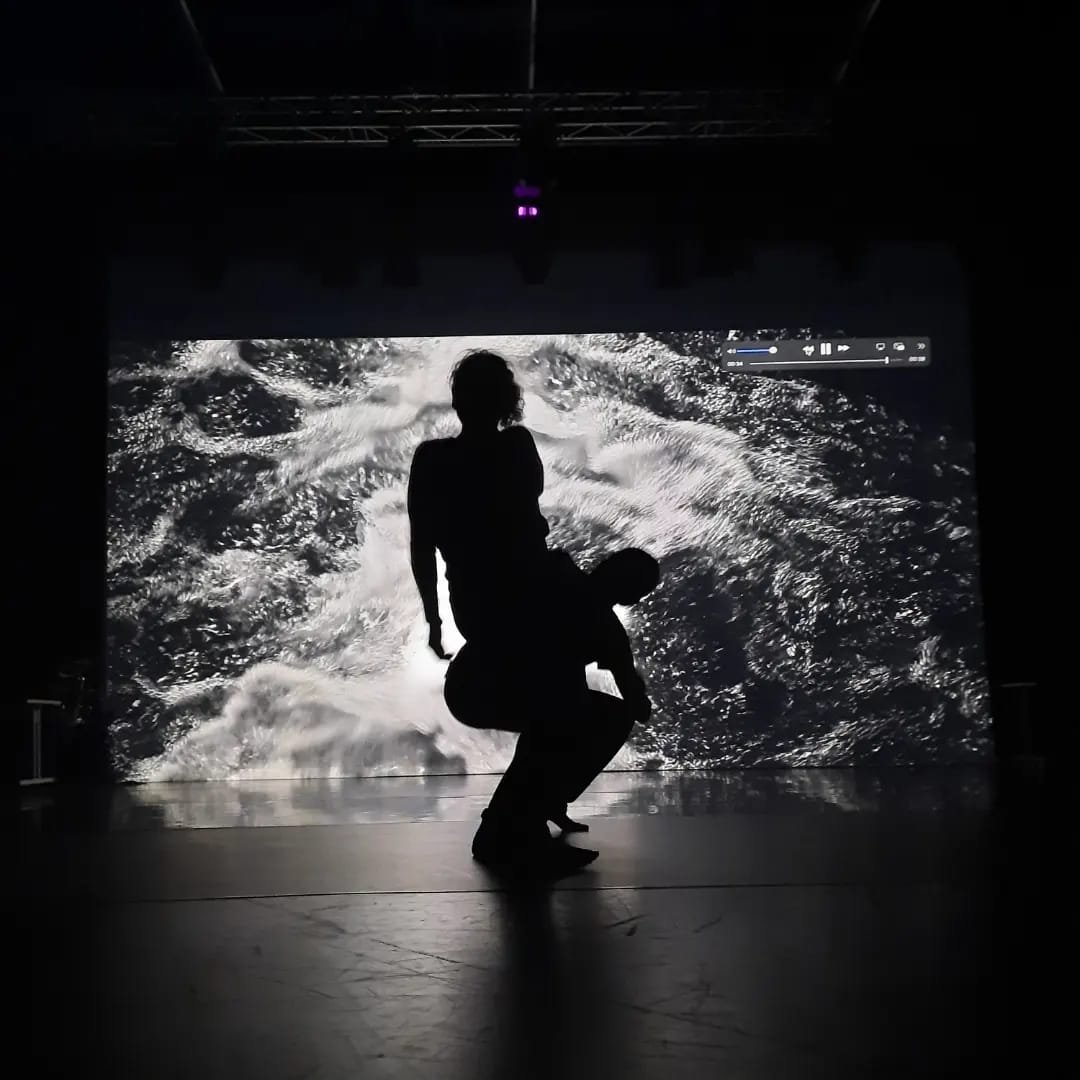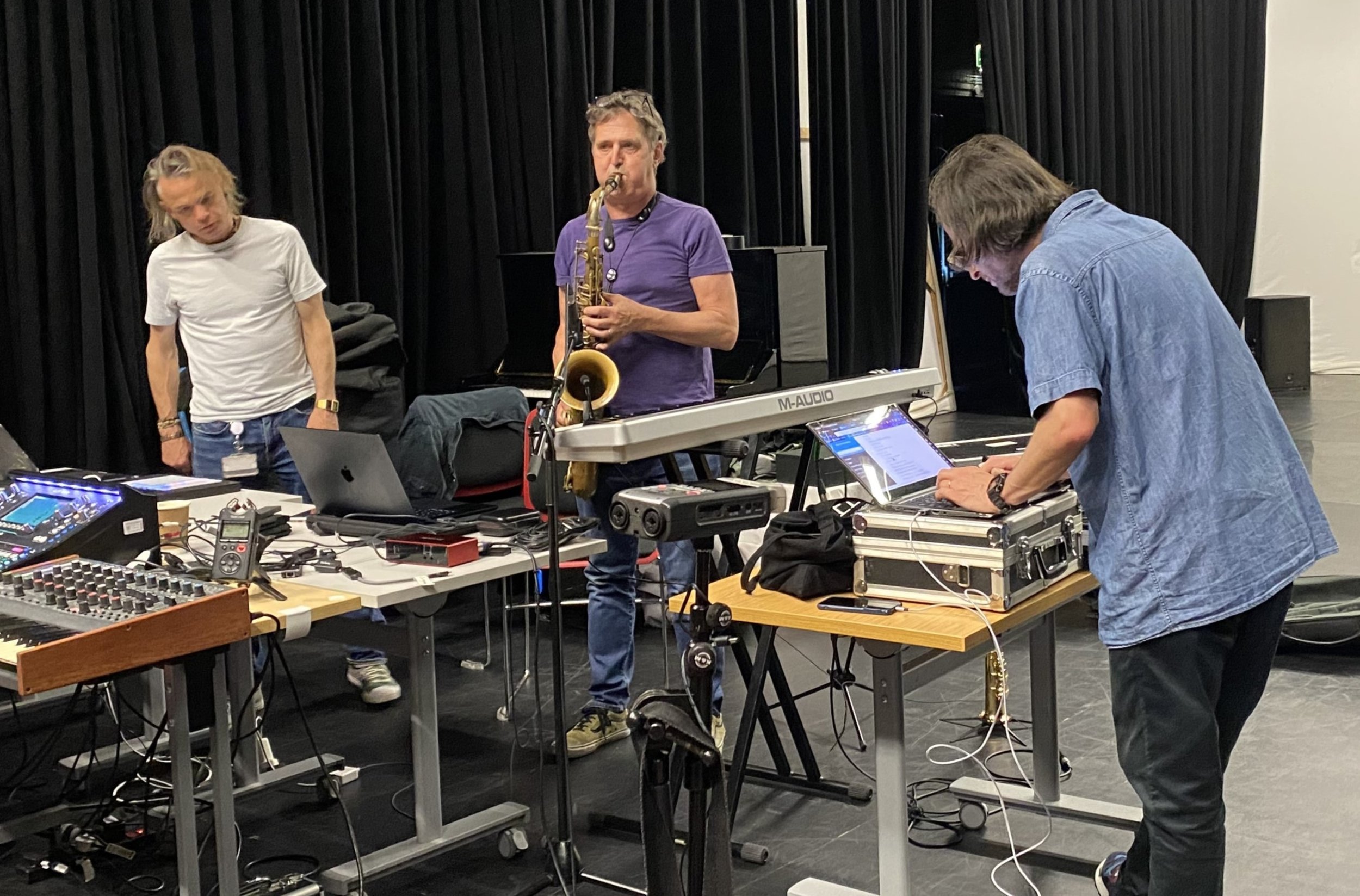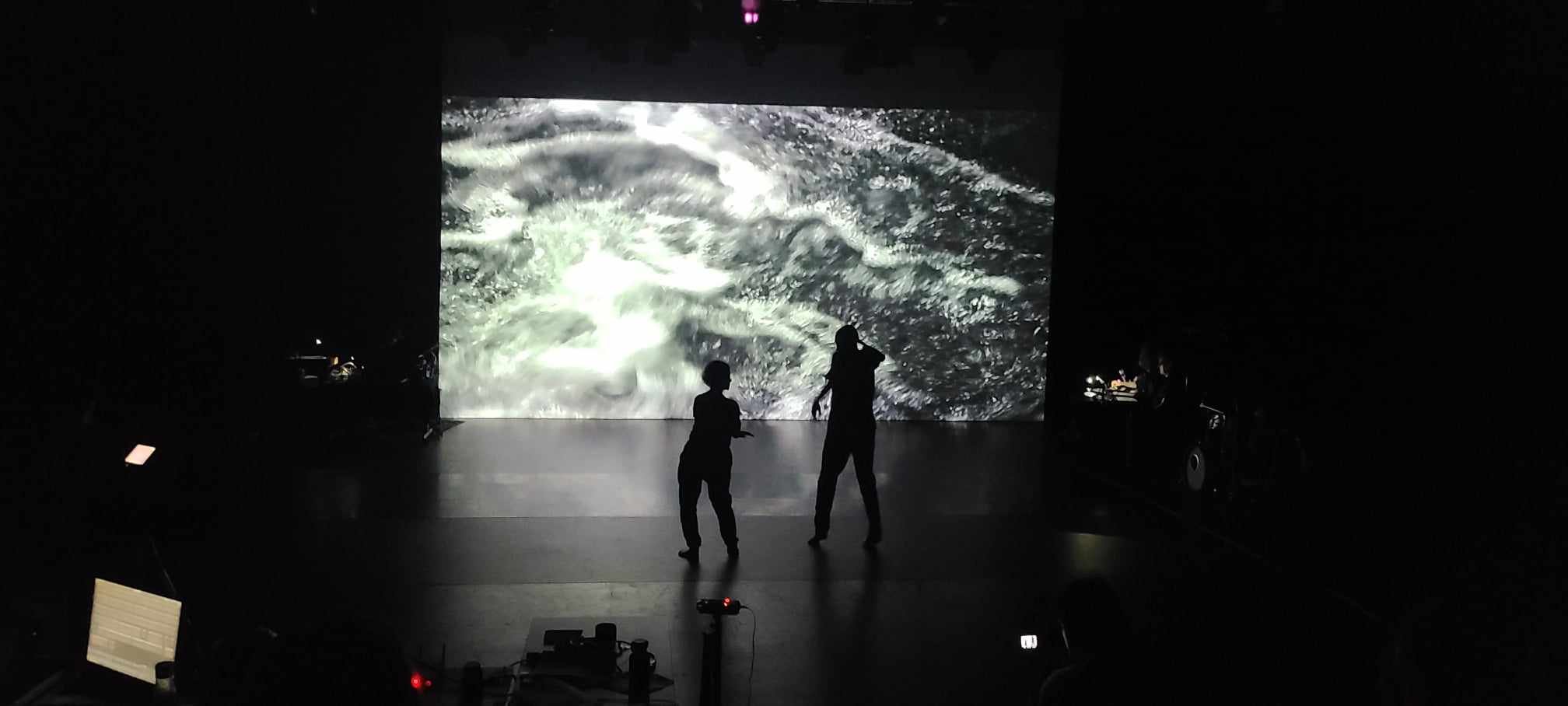ayatori
Ayatori Story shows the remote process between 2020-22.
Ed Jones & Yuriko Takagi
Background
Ayatori project started by chance during lockdown in 2020, and evolved during the next 18 months through audio-visual exchanges between saxophonist and composer Ed Jones, and photographer Yuriko Takagi, as well as extended conversations through zoom with the artists and En Rapport’s Keith Michael and Asako Taguchi. Ayatori is the Japanese name for the game ‘cats-cradle’; the weaving and exchange of infinite design and shapes from a single thread involving two or more people. This was a natural title which desribed the evolving exchange process through which each peice and the project as a whole has developed.
Seven pieces were created through this remote exchange process, and as they developed it was clear that the process was as important as any resulting works. Awareness of this was further heightened through interactions involving chance elements in the audio and visual software and the apps used in the creative proces. This resulted firstly in an interest in developing AI technology, and then in contact with Matthew Yee-King at the Goldsmiths College Computer Research dept.
Seeing the apportunity to explore a wider field of creative expression, four graduating dance students, along with three photography and film students, were also brought into the residency. This gave the opportunity to explore the educational value of the AI technology, alongside the creative interactions and process. Supporting this expansion of the project were four lecturers amd course leaders from Falmouth Univerity, themselves actively engaged in thier own academic research: Si Waite from AMATA, Creative Music technology, Tom Ingate and David White from the School of Film and Television, interdisciplinary choreographer Katrina Brown from AMATA Dance, and dancer Owen Smith, specialist in dance working with and exploring Neurodiversity.
Funding for the two-week residency came from Falmouth University Research & Knowledge Exchange Support Schemes: Participatory Research.
Ayatori AMATA Residency, July 2023






